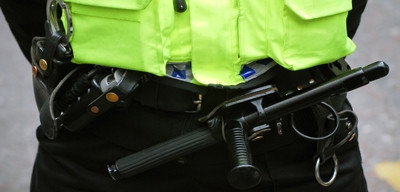 The legislation should primarily be effective. The degree of severity is obviously dependent on the particular situation. The "institutionalization of lawlessness" and the rise of crime requires the adoption of corresponding laws and their faithful obedience.
The legislation should primarily be effective. The degree of severity is obviously dependent on the particular situation. The "institutionalization of lawlessness" and the rise of crime requires the adoption of corresponding laws and their faithful obedience.
In terms of everyday life, the existing laws prohibiting the capture by violence of public or private space will be applied. The squatters - whoever they may be: workers, farmers, local residents, students, students, - will face prosecution.
The police will be trained in the standards of the Police in the U.S.: the fight against crime, even the way someone involved in illegal actions is arrested is a task that requires high specialization. The salaries of the policemen will be proportional to their liability risk and the danger they face.
There will be two types of prisons: correctional for those who have conducted a misdemeanor for the first time and criminal for repeat time offenders of life and property. The role of the second will not be the theoretical and de facto unattainable goal of reintegration into society of criminals but to protect society from their actions. During their detention they cannot get permits. They will work so that the profits they make through their work will cover part of the damage they caused. If they refuse to work, the conditions of their detention will be proportional. The ease with which the sentences are reduced, even in heinous crimes, will change. Life sentence will not be converted into a lesser penalty.